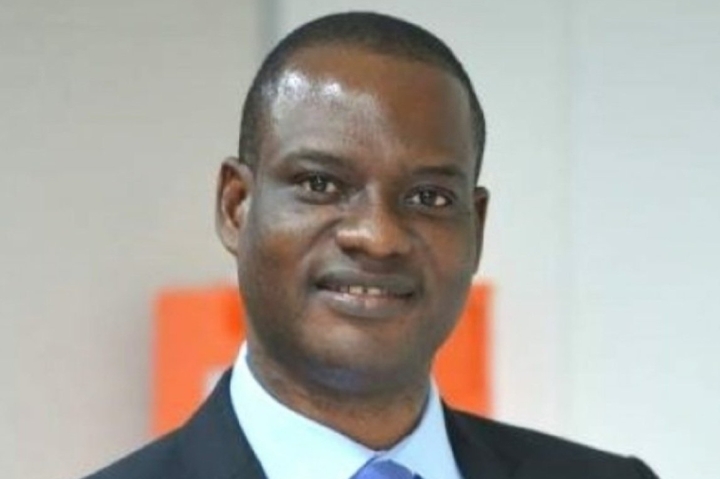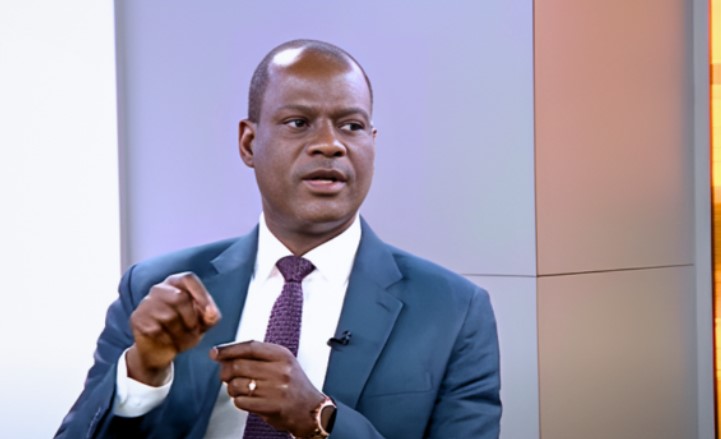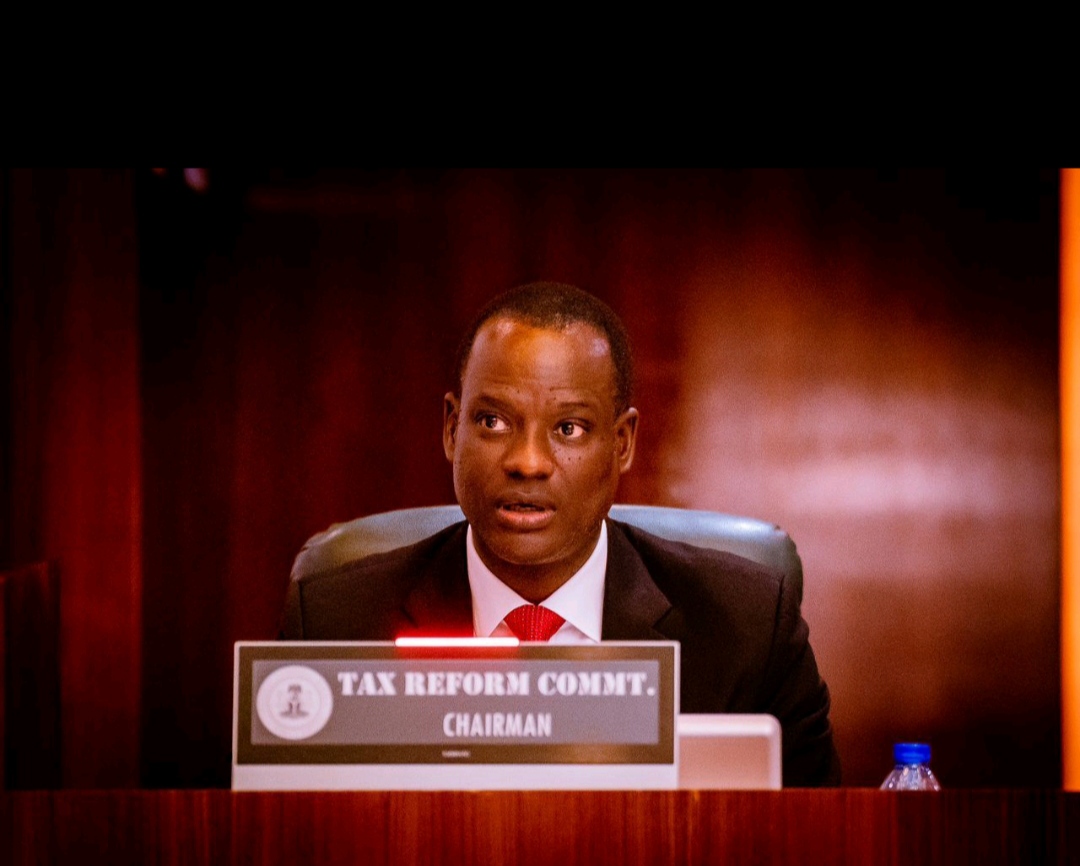Taiwo Oyedele, Chairman of the Presidential Committee set up by President Bola Tinubu on Fiscal Policy and Tax Reforms has expressed concern on plans by President Donald Trump to establish an external revenue service.
TheNewsGuru.com (TNG) reports President Trump revealed plans to establish the external revenue service on Monday during his swearing in as the 47th President of the United States (POTUS).
“Instead of taxing our citizens to enrich other countries, we will tariff and tax other countries to enrich our citizens.
“For this purpose, we are establishing the external revenue service to collect all tariffs, duties and revenue.
“It will be massive the amount of money pouring into our treasury, coming in from foreign sources,” President Trump said in his inaugural speech.
Reacting, Oyedele noted that the move by Trump could disrupt international trade and further complicate the already complex global tax system.
He stressed that the move highlights the importance of the ongoing tax reforms and that by revamping Nigeria’s tax system, the country can better navigate potential challenges and seize any opportunities this development may present.
Oyedele wrote: “Today, the 47th President of the United States, Donald J. Trump announced plans to establish an External Revenue Service to impose tariffs and taxes on other countries.
“This move could disrupt international trade and further complicate the already complex global tax system, highlighting the importance of our ongoing tax reforms.
“By revamping our tax system, we can better navigate potential challenges and seize any opportunities this development may present”.







